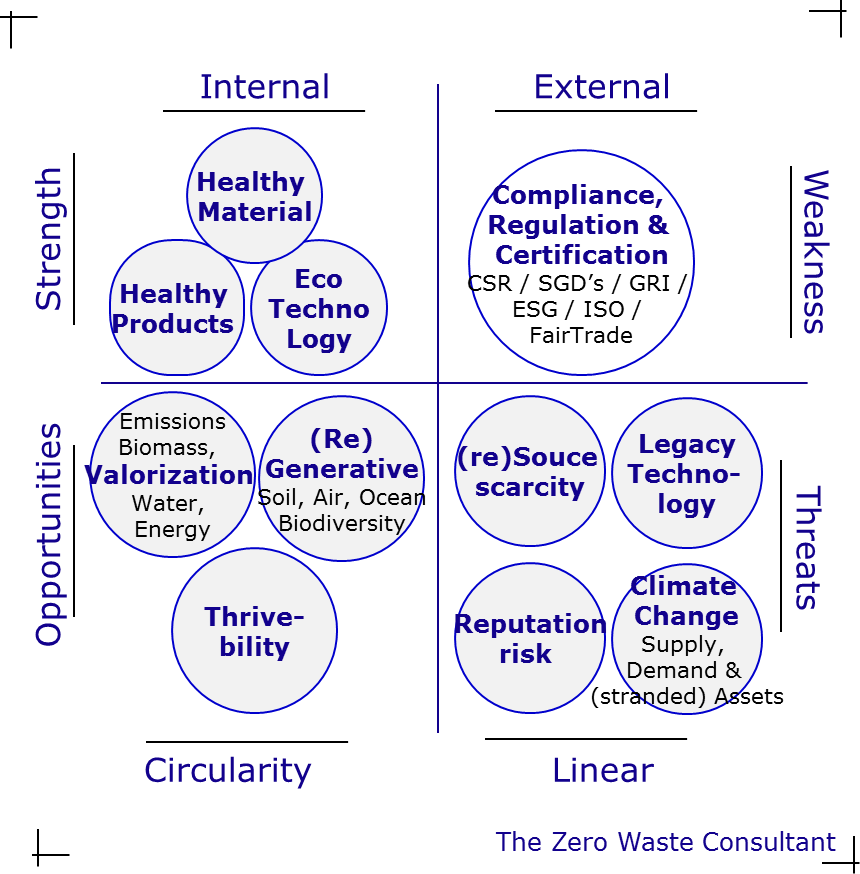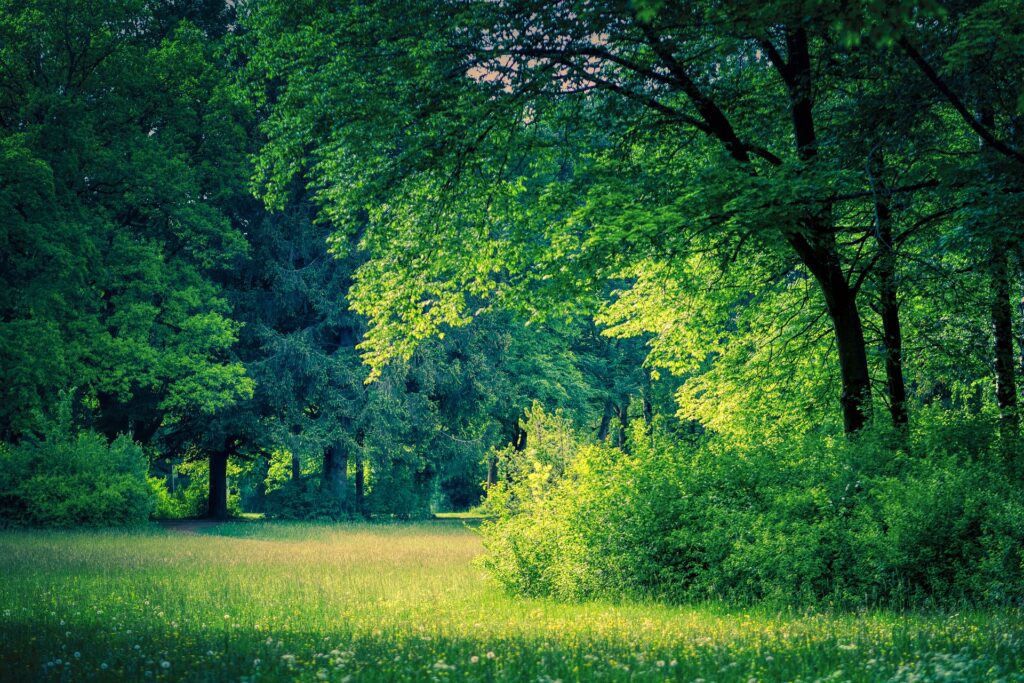The invention of Fair Trade, a concept where consumers and traders pay higher prices of the products as premium on top of the global economic market system, is in its intention an inspiring concept. A higher price so that the farmer can pay better wages to its employee and can have better living standard compared to his/her peers.
The unintended consequence it seems is that these premium brands promise a fairer trade with the farmers by making good food expensive and only accessible for high incomes. The fair trade companies tell the farmers how they should farm their crops for the highest quality and yield; sometimes there is focus on soil replenishment through organic production methods And yet, when you visit farmers, there is still poverty and mostly the crops are managed with a western agriculture mindset.
I started to realize something was not right. Farmers know very well the rhythm of life and how to cradle life they are working with, whether it is livestock or agriculture. Each farmer knows that extraction of the land on the short run provides high revenue and on the long run destroys biodiversity and its thriving ecosystem. And yet, ‘Economics of Scale’ dominates our mindset of trade. What comes from far seems to be in high demand, no matter the cost of the local ecosystem where it is produced.
How can we call this Fair Trade, I wonder, if there is still value extraction from the farmer? Value extraction as output of the products these crops produce while the cost of replenishment of the farmland with nutrients increases over time. Fertilizers need to be imported to compensate of what is taken away. Intriguing the waste streams of the agricultural product required by the traders are huge and left to rot or burned to get rid of.
I want to argue it is time to see farming as a bio-chemical factory where farmers can do so much more with what they have, and as result increase their local biodiversity and thus without destroying the land have better yield of the soil as human species depend upon.
Let me give you an example of coffee as most of us drink this magical crop. The cup of coffee contains 0.2% of the total volume of the original coffee berry; the remaining 99.8% is by current standards considered as waste. Why, because the only extraction most are interested in is how the coffee will taste, not what more value we can get out of the berry and bean. So the farmer only gets a small part of a product of which 99.8% is wasted.
When you realise that the berry produces wheat for bread, the waste water after washing berries is full of nutrients, mushrooms like to grow on coffee beans and the berry, methane filters are made out of coffee grounds, shampoo, textile and bioplastic from the oil of the coffee grounds and wheat can be obtained from the berry, it becomes evident that the 0.2% is actually an underutilisation of the coffee bean. The farmer can actually earn a much higher income, when the total berry and its high value streams are taken into consideration.
Surprisingly very few fair trade labels focus on generating value for the farmer in the first place. Farmers have many waste streams and learning how to use them, will provide them with more incomes streams than just the crop. I want to argue that farmers are actually bio chemical factories where nature does what it does best and waste does not exist.
Farmers are in the first place part of a local (eco)system, impacting local soil, water quality, evaporation, local food security, cattle feed, production of biobased materials and medicine and so on. The farmer is actually responsible and having impact for so much more than only just the crop.
Next to the coffee example, I learned there are other examples where farmers and industry have started to collaborate and view their ecosystem as a regenerative industrial biobased (bio-chemical) cluster to restore the local ecosystem.
There is Los Gaviotas in Colombia, Novamont factory in Sardinia and the coffee farmers in Colombia who are starting to create a large value stream that originates from the land, value streams from the system that go back to the land as fertilizer and excess exported elsewhere to fertilize new soils.
Fair trade needs to have a different set of criteria to be called really fair, for the soil, farmer and the consumer.
I want to argue we need to move towards the notions of Fair Production. Fair Production as the farmer is respected as biochemist nurturing its biodiversity through its many crops in the ecosystem. Fair production ensures the farmer earns from his total value chain and has no need to be poor ever again.
In the western world, the term Circular Economy is referred as Resource efficiency mindset where the producer stays owner of its product. This implies the farmer stays responsible of his nutrients and gets paid each time somebody creates value out of his nutrients. The outcome is that the farmer has no need to go for ‘Economics of Scale’ and instead can strive for ‘Economics of Scope’, creating more value with less.
Image what would happen if we use this “Circular Economy” concept for the coffee farmer. The potential of the coffee farmer is to earn 99,8% more out of his crops grown in a multi-crop biodiversity system. The result might even be that coffee consumer might be privileged to be supplied with the coffee bean for his coffee. The farmer has now suddenly a much better bargaining power and value creating than before. Selling his coffee bean becomes just one of his many revue streams.
Fair Production is a bio-chemical view of opening more cycles using the nutrients of the products, whether it is cotton, tea, coffee, cacao or others food crops. In essence every time a bean or crop leaves the land it leaves fertilizer and food behind at the farmer and provides the input for new systems in the country where it is used.
Farmers are able to restoring the fertile soil of the plantation creating cashflows from the waste streams of the products. They will be able to produce food, like mushrooms or maggots for themselves and their cows, chickens and pigs; they can produce biofuels from the enzymes. Produce packing material for their own products so it can be turned into soil when it arrives at the consumer. Yes in this world, packaging material could be the new fertilizer business model for farmers.
In analogy Fair Production should also be applied to dairy production, like milk yoghurt, cheese, to chickens and their eggs, and to other crops like carrots, cabbage, tomatoes and broccoli. Closing the loop is nothing different as to view farmers as bio-chemists. It will generate so more new value streams that they will have no reason to be in debt. That would be something.
The cases I have presented here will be highlighted in my book in more detail to show how it is being done. During the Crowdfunding campaign I will provide you an insight into some of these cases. On The Art of Creating Abundance website you can take a look into the book through articles.


